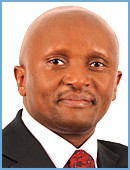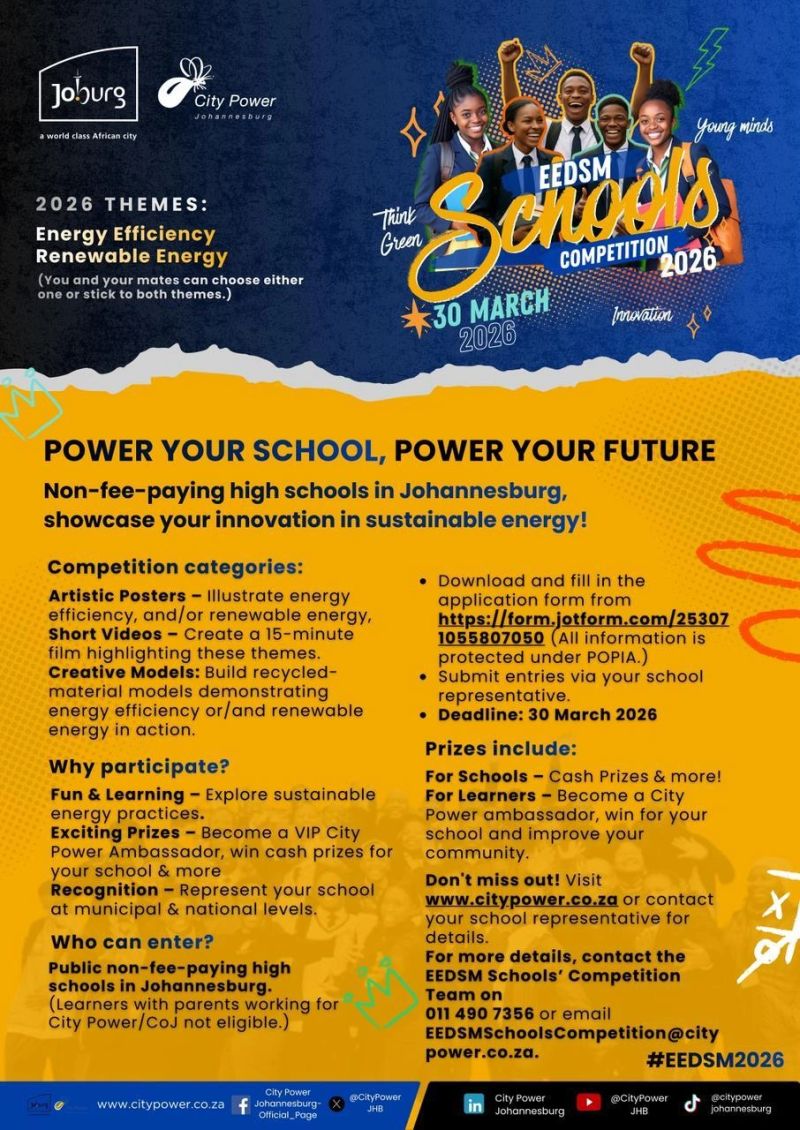By Mosotho Moepya
The Electoral Commission of South Africa is embarking on a process of promoting and advancing public policy debate on electronic voting (e-voting) technologies and the feasibility of introducing such technologies in South Africa. This process will involve South Africans from all sectors of society (i.e., government, business, organised labour, civil society organisations and ordinary South Africans) to engage each other in an earnest conversation about e-voting and its perceived benefits and risks.
Specifically, the public debates and engagements that the Electoral Commission intends to lead will inform, educate and empower South Africans regarding all aspects of e-voting, while also seeking to dispel some of the most enduring and common myths, fears and claims about e-voting.
The Electoral Commission is under no illusion that e-voting is, and has already been, part of topical conversations, dialogues and robust discussions amongst South Africans from all walks of society.
Many of these conversations and dialogues are being conducted regularly through various social media amongst others. In fact, e-voting is becoming a predictable part of ongoing and vigorous public debates, especially during periods when the country prepares to hold elections.
The Electoral Commission has explored the topic of e-voting for more than a decade, including convening an e-voting seminar in Cape Town in 2013. Subsequent to the seminar, the Electoral Commission conducted a number of studies on this topic, seeking to draw lessons from global experiences from countries that have implemented e-voting and continue to do so, and those that have decided to reverse their implementation of e-voting.
Our studies have culminated in reports that are publicly accessible to contribute to ongoing public debate on e-voting. A key finding from our recent studies on e-voting and public perceptions in South Africa is that e-voting is one of the most talked-about topics among South Africans, and even more so among young people in our country.
There is clearly a high level of enthusiasm for e-voting among the youth in our country, including unbridled optimism about its ability to increase voter turnout, make voting easier and faster, as well as the faster processing of election results, among others.
The Electoral Commission’s public policy dialogue on e-voting will commence with a conference, incorporating an exhibition of e-voting technologies by selected technology suppliers, to be held in Cape Town from 10 to 12 March 2025.
This conference brings together key stakeholders such as political leaders, leaders in civil society organisations, relevant government departments, state institutions, Parliament, academics, experts, business and ordinary citizens to explore prospects and opportunities which may contribute to and strengthen our electoral democracy from an e-voting point of view.
This discussion document is therefore being launched at the conference to stimulate and lead public policy debates on e-voting. Ultimately, the Electoral Commission hopes that the country will craft a concrete policy discussion document, in the form of a green paper on e-voting, that will lead to clear considerations and choices regarding the country’s policy direction and options on e-voting.
Yours sincerely platforms, increasingly.
MOSOTHO MOEPYA
Chairperson, Electoral Commission of South Africa










